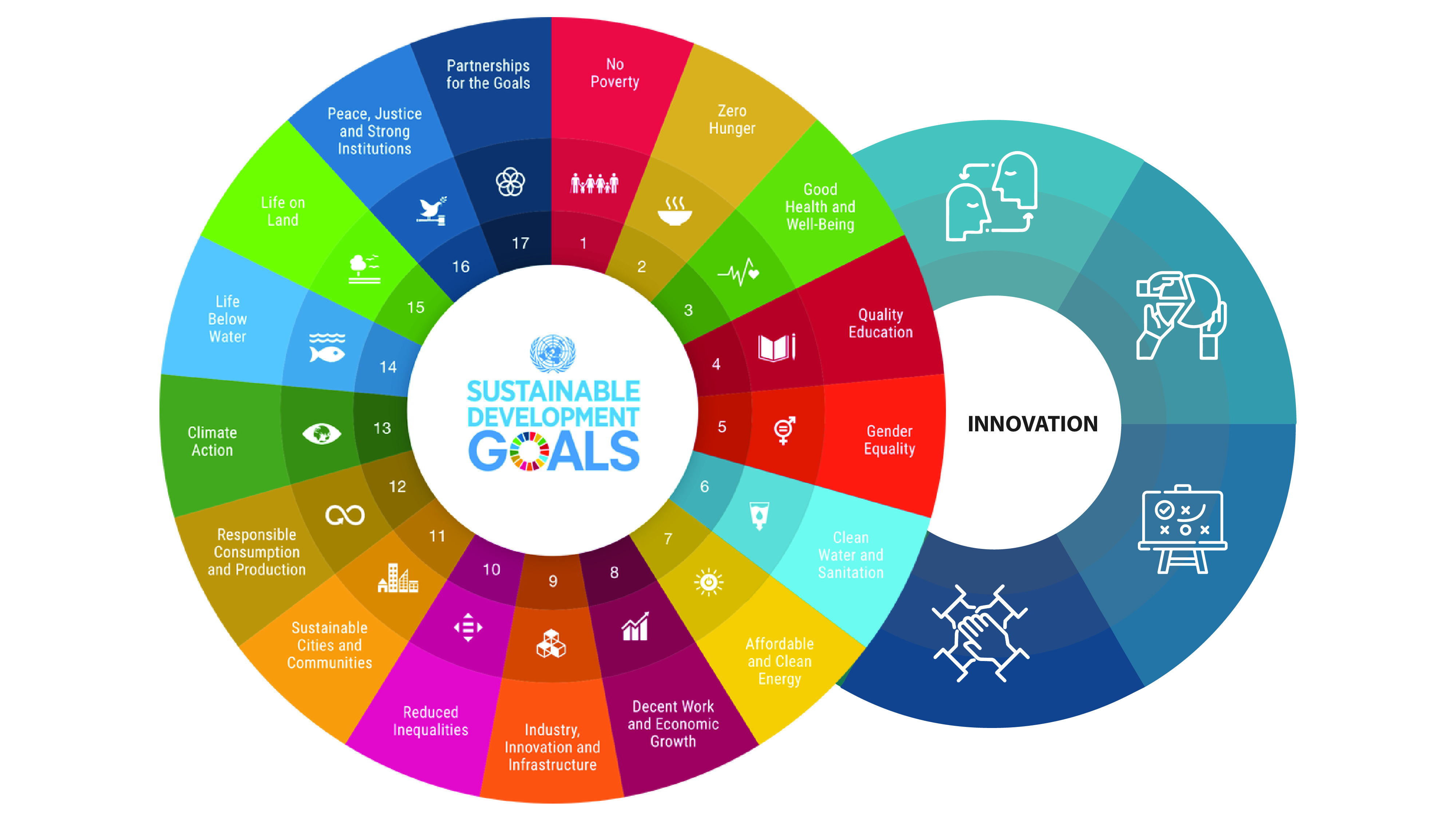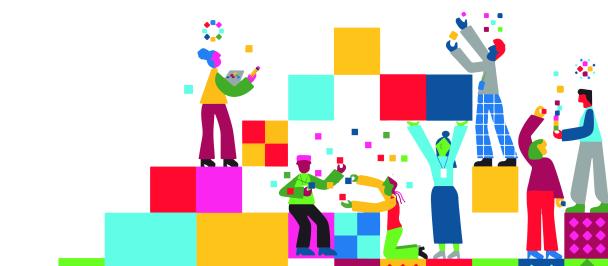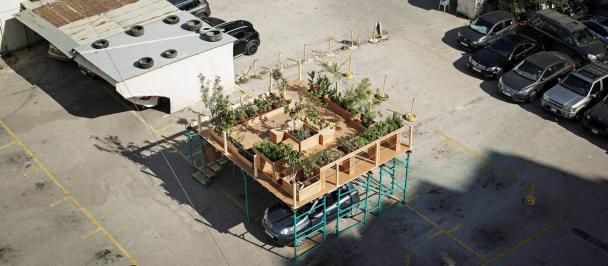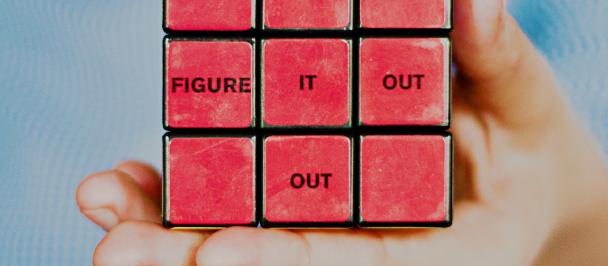Championing Social Innovation for the SDGs
June 9, 2022
The 2030 Agenda for Sustainable Development has gained prominence in the last few years thanks to the extensive efforts of the UN agencies and governments all over the world. Although there is more work to be done in achieving widespread adoption of the Sustainable Development Goals (SDGs), there are some promising signs. In Turkey, there is a growing recognition of the SDG framework, especially at the municipal level, demonstrated by the increasing number of Voluntary Local Reviews (VLRs) conducted by local authorities. The VLR has become the de facto commitment to the 2030 Agenda as it provides a structured approach to setting sustainability standards and meeting them through long-term strategic cooperation.
Given the level of novelty involved in the VLR processes and the subsequent planning towards a better future, there is a need to enhance the innovation capacity of all stakeholders, particularly those who could and should lead quadruple helix collaborations (involving university-industry-government-public interactions). Following a series of discussions in the last few months and a thorough analysis of municipal actions in terms of localizing the SDGs, this week we are launching an online training on social innovation specifically targeting municipalities, civil society organisations (CSOs), community-based organisations (CBOs), concerned citizens, and other stakeholders who want to play an active role in SDG localisation. The course (delivered in Turkish) will run between 13-24 June and is open to all and free to attend. The deadline for registration is 12 June 2022. For more information and to apply you can visit this link: https://bit.ly/sosyalinovasyonegitimi

Seeing how innovation relates to a mechanical process like VLR requires an understanding of social innovation and change processes. VLR is essentially an instrument to see how well a municipality’s goals and actions are aligned with the SDGs, and what needs to be done to accelerate progress. In that sense, it is a social innovation itself as it offers a new tool for defining and measuring results with a view to improving the current state. However, it is also an enabler of social innovation since it provides a platform for new solutions to emerge. These innovations can be new systems, products, processes, ways of organising, entities, or models that address the barriers to progress (however that is defined). There are amazing examples from all over the world including DemocraciaOS, WikiHouse, Library of Things and Community Supported Agriculture. These innovations have the potential to transform the ways communities operate by setting new standards that modern societies would aspire to.
Considering there is broad consensus that the world is significantly off-track to meet the SDGs by 2030, the training content has been carefully designed to reflect the growing need to innovate in all areas and by all sectors of society. Local authorities play a vital role in progressing the global agenda due to their central position in managing almost all aspects of life in urban settings; however, they cannot be the only actor responsible for development, or lack thereof. The idea behind a ‘whole-of-society’ approach is that different stakeholders should have meaningful participation in the governance and review processes of the 2030 Agenda. This act of engagement is not only morally right, but it is also indispensable to progress as a society where every part contributes towards shared goals such as peace, progress, and prosperity.
Join us next week to see how social innovation can help us achieve the SDGs in ways that are smarter, faster and certainly more democratic!

 Locations
Locations




